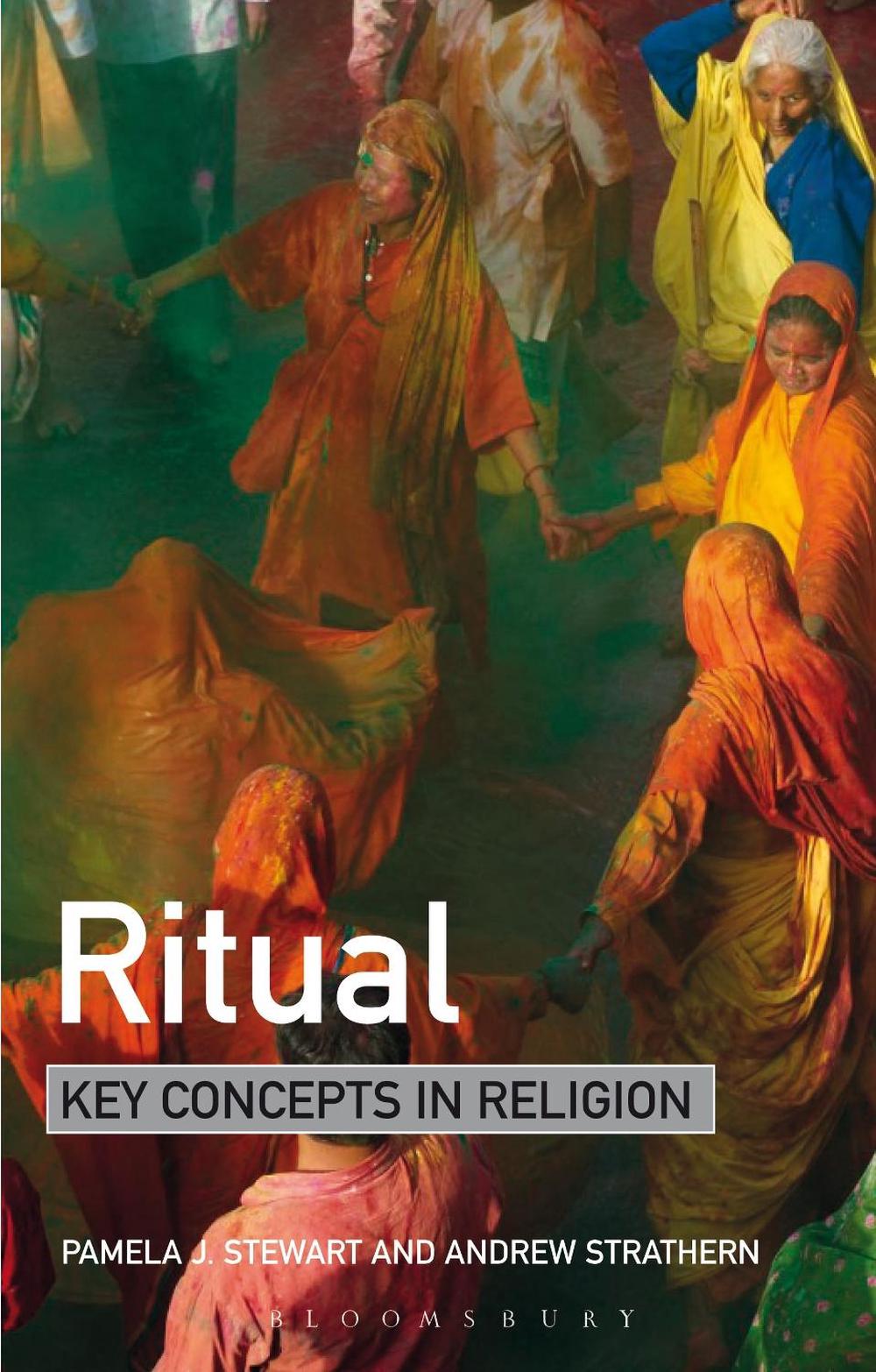
When you click on links to various merchants on this site and make a purchase, this can result in this site earning a commission. Affiliate programs and affiliations include, but are not limited to, the eBay Partner Network.
Ritual: Key Concepts in Religion by Andrew Strathern (English) Hardcover Book

- Item No : 388124745926
- Condition : Brand New
- Brand : No brand Info
- Seller : the_nile_uk_store
- Current Bid : US $195.25
-
* Item Description
-
The Nile on eBay

Ritual: Key Concepts in Religion
by Andrew Strathern, Professor Pamela J. Stewart, Pamela J. Stewart
Ritual has emerged as a major focus of academic interest. As a concept, the idea of ritual integrates the study of behavior both within and beyond the domain of religion. Ritual can be both secular and religious in character. There is renewed interest in questions such as: Why do rituals exist at all? What has been, and continues to be, their place in society? How do they change over time? Such questions exist against a backdrop of assumptions about development, modernization, and disenchantment of the world.
Written with the specific needs of students of religious studies in mind, Ritual: Key Concepts in Religion surveys the field of ritual studies looking at it both historically within anthropology and in terms of its contemporary relevance to mass phenomena.FORMAT
HardcoverLANGUAGE
EnglishCONDITION
Brand New
Author Biography
Pamela J. Stewart is Research Associate in the Department of Anthropology at the University of Pittsburgh, USA.
Andrew Strathern is Mellon Professor of Anthropology at the University of Pittsburgh, USA.Table of Contents
1. Introduction: Problems of Definition
2. Early Grand Theorists
3. The Fieldwork Revolution: Malinowski, Racliffe-Brown and Functionalism
4. Structure and Process: Victor Turner
5. Ancestor Worship: Meyer Fortes and Psychological Interpretations
6. Sacrifice
7. Contemporary Processual and Post-Processual Approaches: Questions of Meanings and Exegesis 8. Performance and Perfomativity
9. New Cognitive Approaches: Old Wine in New Bottles?
10. Conclusions: Back to Framing and Values
Bibliography
IndexPromotional
An introduction to the concept of ritual, a key component in the study of religion.
Long Description
Ritual has emerged as a major focus of academic interest. As a concept, the idea of ritual integrates the study of behavior both within and beyond the domain of religion. Ritual can be both secular and religious in character. There is renewed interest in questions such as: Why do rituals exist at all? What has been, and continues to be, their place in society? How do they change over time? Such questions exist against a backdrop of assumptions about development, modernization, and disenchantment of the world. Written with the specific needs of students of religious studies in mind, Ritual: Key Concepts in Religious Studies surveys the field of ritual studies looking at it both historically within anthropology and in terms of its contemporary relevance to mass phenomena.
Review Quote
Ritual: Key Concepts in Religion provides an important, powerful and provocative advance in the study of ritual. Braiding together reflection on rituals in many places with cutting edge analysis, the authors demonstrate the strengths and weaknesses of existing concepts. They make possible a greatly enriched performance of theorizing ritual.
Promotional "Headline"
An introduction to the concept of ritual, a key component in the study of religion.
Feature
Ritual is a popular course option, and a key component in the study of religion.
Details
ISBN1441137297Author Pamela J. StewartSeries Key Concepts in ReligionLanguage EnglishISBN-10 1441137297ISBN-13 9781441137296Media BookFormat HardcoverPages 184Year 2014Publication Date 2014-01-16DOI CBID134359Place of Publication New YorkCountry of Publication United StatesDEWEY 203.4Illustrations black & white illustrationsShort Title RITUAL KEY CONCEPTS IN RELIGIOImprint Bloomsbury Academic USASubtitle Key Concepts in ReligionUK Release Date 2014-01-16Translated from EnglishNZ Release Date 2014-01-16US Release Date 2014-01-16Translator Tom KuhnEdited by Zenon BankowskiAffiliation St Hugh's College, Oxford University, UKPosition AuthorQualifications R.N., M.S.Publisher Bloomsbury Publishing PlcAudience GeneralAU Release Date 2014-01-15


-
- NO GRID Survival Projects
- $ 37.00
















